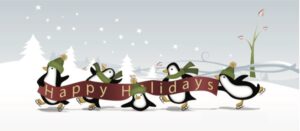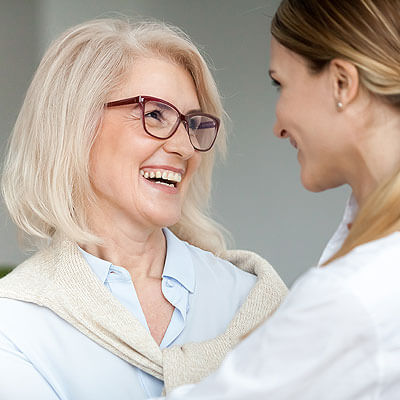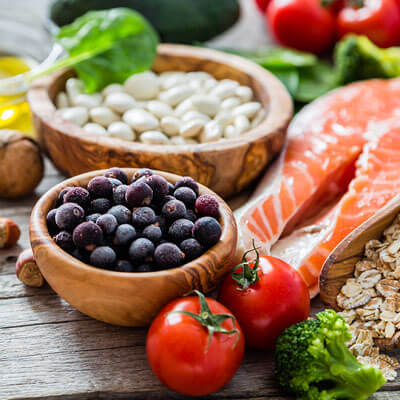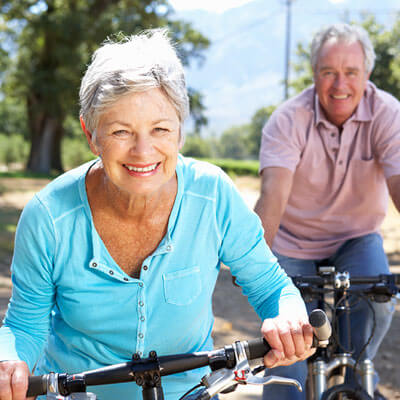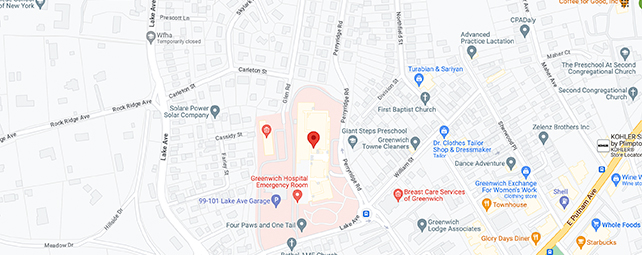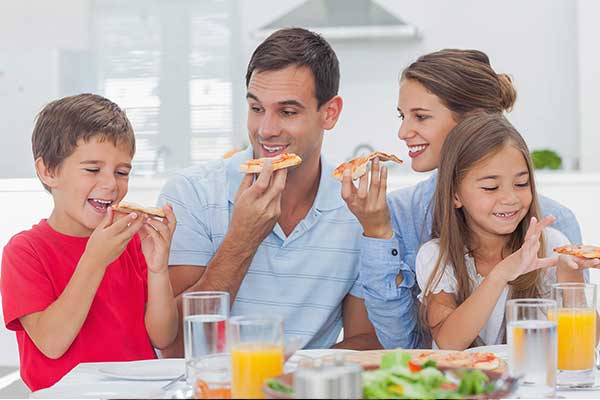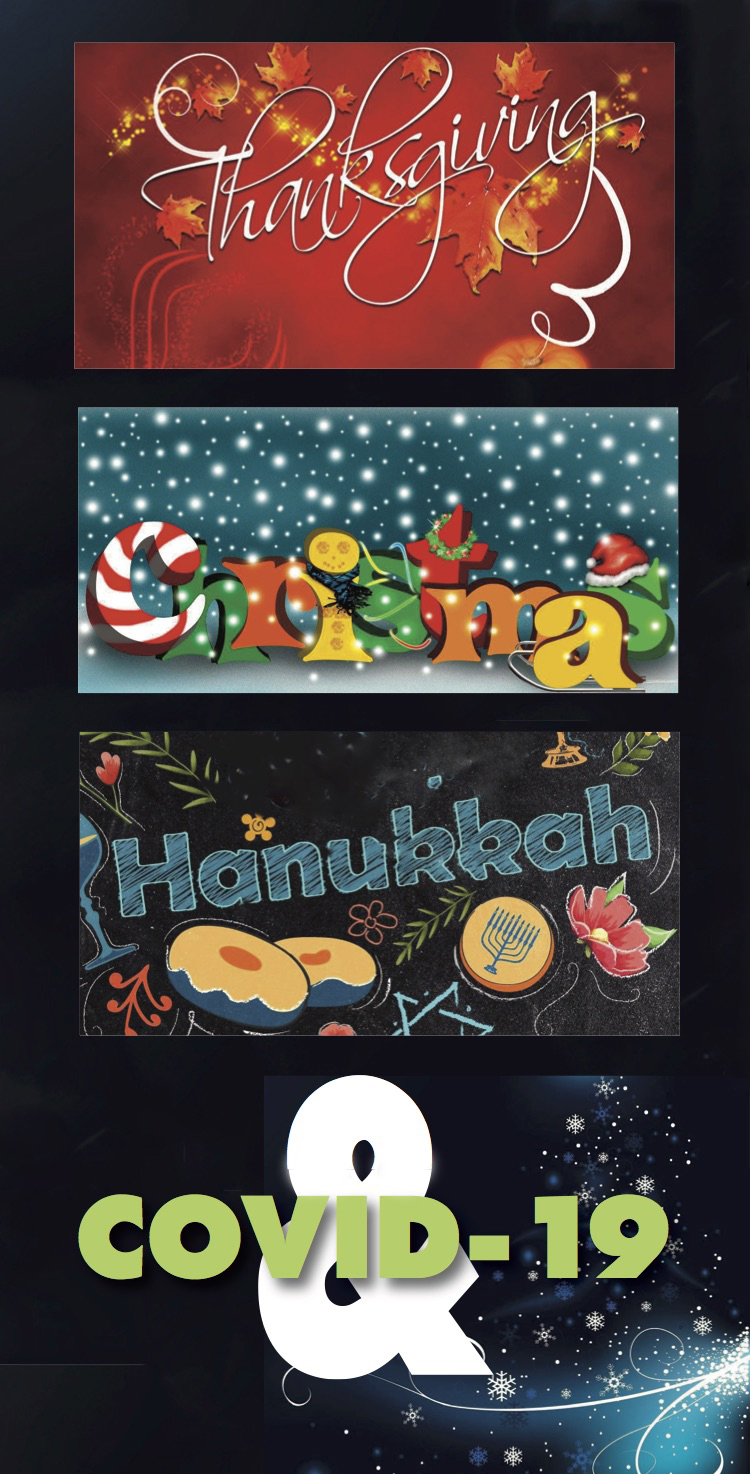
The holidays are rapidly approaching. This year, unfortunately, they will be unlike those of the past. Before you celebrate hosting or attending a holiday gathering it is recommended that the CDC tips for hosting and attending gatherings are followed. No one wants Covid-19 as their holiday guest!
HOSTING A HOLIDAY GATHERING
Host outdoor activities rather than indoor activities as much as possible. If hosting an outdoor event is not possible, and you choose to host an indoor event, avoid crowded, poorly ventilated, or fully enclosed indoor spaces. Increase ventilation by opening windows and doors to the extent that is safe and feasible based on the weather.
Host activities with only people from your local area as much as possible.
Limit numbers of attendees as much as possible.
Provide updated information to your guests about any COVID-19 safety guidelines and steps in place to prevent the spread of the virus.
Provide or encourage attendees to bring supplies to help you and others stay healthy. For example, extra masks (do not share or swap with others), hand sanitizer that contains at least 60% alcohol, and tissues.
If you are planning in-person holiday gatherings with people outside of your household, consider asking all guests to strictly avoid contact with people outside of their households for 14 days before the gathering.
Clean and disinfect commonly touched surfaces and any shared items between use when feasible. Use EPA-approved disinfectant. Use touchless garbage cans if available.
Use gloves when removing garbage bags or handling and disposing of trash.
Wash hands after removing gloves.
ATTENDING A HOLIDAY GATERING
SOMEONE ELSE IS HOSTING
Outdoor activities are safer than indoor activities. If participating in an outdoor event is not possible, and you choose to attend an indoor event, avoid crowded, poorly ventilated, and fully enclosed indoor spaces. Increase ventilation by opening windows and doors to the extent that is safe and feasible based on the weather.
Check with the event host, organizer, or event venue for updated information about any COVID-19 safety guidelines and if they have steps in place to prevent the spread of the virus.
Bring supplies to help you and others stay healthy. For example, bring extra masks (do not share or swap with others), hand sanitizer that contains at least 60% alcohol, and tissues.
If you are planning to attend in-person holiday gatherings with people outside of your household, consider strictly avoiding contact with people outside of your household for 14 days before the gathering.
TRAVELING FOR THE HOLIDAYS
Traveling increases the chance of getting and spreading COVID-19. Staying home is the best way to protect yourself and others.
Know Your Travel Risk.
Know When to Delay Your Travel to Avoid Spreading COVID-19.
Wear a mask in public settings, like on public and mass transportation, at events and gatherings, and anywhere you will be around other people.
Avoid close contact by staying at least 6 feet apart (about 2 arms’ length) from anyone who is not from your household.
Wash your hands often with soap and water for at least 20 seconds or use hand sanitizer (with at least 60% alcohol).
Avoid contact with anyone who is sick.
Outdoor activities are safer than indoor activities. If participating in an outdoor event is not possible, and you choose to attend an indoor event, avoid crowded, poorly ventilated, and fully enclosed indoor spaces. Increase ventilation by opening windows and doors to the extent that is safe and feasible based on the weather.
Check with the event host, organizer, or event venue for updated information about any COVID-19 safety guidelines and if they have steps in place to prevent the spread of the virus.
Bring supplies to help you and others stay healthy. For example, bring extra masks (do not share or swap with others), hand sanitizer that contains at least 60% alcohol, and tissues.
If you are planning to attend in-person holiday gatherings with people outside of your household, consider strictly avoiding contact with people outside of your household for 14 days before the gathering. Holiday travel
Traveling increases the chance of getting and spreading COVID-19. Staying home is the best way to protect yourself and others.
Know Your Travel Risk.
Know when to delay your travel to avoid spreading COVID-19.
Wear a mask in public settings, like on public and mass transportation, at events and gatherings, and anywhere you will be around other people.
Avoid close contact by staying at least 6 feet apart (about 2 arms’ length) from anyone who is not from your household.
Wash your hands often with soap and water for at least 20 seconds or use hand sanitizer (with at least 60% alcohol), especially after you have been in a public place, or after blowing your nose, coughing, or sneezing. If soap and water are not readily available, use a hand sanitizer that contains at least 60% alcohol. Cover all surfaces of your hands and rub them together until they feel dry.
Avoid contact with anyone who is sick.
Avoid touching your eyes, nose, and mouth.
Get your flu vaccine. Gatherings can contribute to the spread of other infectious diseases. Getting a flu vaccine is an essential part of protecting your health and your family’s health this season. Flu vaccines are still useful any time during the flu season and can often be accessed into January or later.
DURING THE CELEBRATION
Social distance and limit close contact. Maintain a distance of at least 6 feet or more from people you don’t live with. Be particularly mindful in areas where it may harder to keep this distance, such as restrooms and eating areas.
Avoid using restroom facilities at high traffic times, such as at the end of a public event.
Avoid busy eating areas, such as restaurants during high volume mealtimes, if you plan to eat out at a restaurant.
Minimize gestures that promote close contact. For example, do not shake hands, bump elbows, or give hugs. Instead wave and verbally greet others. Wear masks.
Wear a mask at all times when around people who don’t live in your household to reduce the risk of spreading the virus. void singing, chanting, or shouting, especially when not wearing a mask and within feet of others.
Do not use a costume mask (such as for Halloween) as a substitute for a cloth mask unless it is made of two or more layers of breathable fabric that covers your mouth and nose and doesn’t leave gaps around your face. Do not wear a costume mask over a cloth mask because it can be dangerous if the costume mask makes it hard to breathe.
Limit contact with commonly touched surfaces or shared items.
AFTER THE CELEBRATION
If you participated in higher risk activities or think that you may have been exposed during your celebration, take extra precautions (in addition the ones listed above) for 14 days after the event to protect others.
Stay home as much as possible.
Avoid being around people at increased risk for severe illness from COVID-19.
Consider getting tested for COVID-19. If you develop symptoms consistent with COVID-19, such as fever, cough, or shortness of breath, or if you test positive for COVID-19, immediately contact the host and others that attended the event or celebration that you attended. They may need to inform other attendees about their possible exposure to the virus. Contact your health care provider and follow the CDC- recommended steps for what to do if you become sick, and follow the public health recommendations for community-related exposure.
If you are waiting for your COVID-19 test results, stay home until you have a result, and follow CDC’s guidance help stop the spread of COVID-19.
If you have been diagnosed with COVID-19, a public health worker may contact you to check on your health and ask you who you have been in contact with and where you’ve spent time in order to identify and provide support to people (contacts) who may have been infected. Your information will be confidential. If you are notified that you were a close contact of someone who tested positive for COVID-19. Stay home for 14 days from the last time you had contact with that person.
Monitor for symptoms of corona virus. Get information about COVID-19 testing if you feel sick.
We can, with caution and diligence help
prevent the COVID-19 virus from visiting us
when we celebrate the holidays. So, inspite
of that evil silent menace, you can, with the
advice of the CDC, have…
